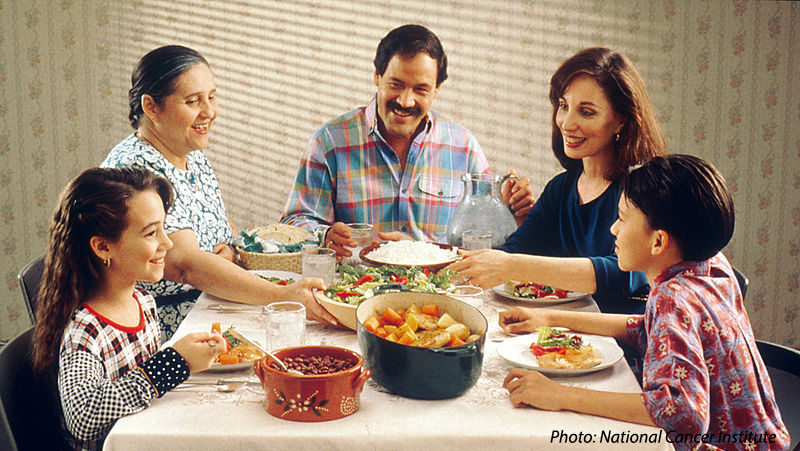 “What Happens during meals shapes a large part of our memories. As we grow older we forget many things, but we mostly remember the Thanksgiving or Christmas dinners in our families. We remember them with joy and gratitude or with sadness and anger. They remind us of the peace that existed in our homes or the conflicts that never seemed to get resolved. These special moments around the table stand out as vivid reminders of the quality of our lives together. Today fast-food services and TV dinners have made common meals less and less central. But what will there be to remember when we no longer come together around the table to share a meal? Maybe we will have fewer painful memories, but will have any joyful ones? Can we make the table a hospitable place, inviting us to kindness, gentleness, joy, and peace and creating beautiful memories?” – Henri Nouwen.
“What Happens during meals shapes a large part of our memories. As we grow older we forget many things, but we mostly remember the Thanksgiving or Christmas dinners in our families. We remember them with joy and gratitude or with sadness and anger. They remind us of the peace that existed in our homes or the conflicts that never seemed to get resolved. These special moments around the table stand out as vivid reminders of the quality of our lives together. Today fast-food services and TV dinners have made common meals less and less central. But what will there be to remember when we no longer come together around the table to share a meal? Maybe we will have fewer painful memories, but will have any joyful ones? Can we make the table a hospitable place, inviting us to kindness, gentleness, joy, and peace and creating beautiful memories?” – Henri Nouwen.
Talk to any counselor or parenting expert. Search the internet too. You will find that research consistently shows the importance of family meal time. Families who eat together more often are closer and have kids who do better in school. These kids are also less likely to get into trouble. According to the 2000 study done by the National Center on Addiction and Substance Abuse at Columbia University (CASA), children who don’t eat dinner with their families are 61 percent more likely to use alcohol, tobacco, or illegal drugs.
Modern meal time is complicated due to parent work schedules, children’s sports, and other activities but clearly sharing meals is important and rewarding in many ways. Scheduling conflicts will happen but by making it a priority to eat as many meals together as possible per week you will be making a positive impact on your family.
Here are some family meal time tips from Parentfurther:
-
Make mealtime fun. Don’t bring up tough or tense topics. If your kids figure out that mealtimes are when you scold them, they won’t want to eat with the family.
-
Set guidelines about eating together. Some kids think that as soon as they’ve raced through a meal, they can go do something else. Instead, say that kids need to stay a certain amount of time. (But don’t make it too long.) Engage them in conversation.
-
Get family members to help out with meals. Some may enjoy preparing the meal. Others may enjoy setting or clearing off the table. Some may like to clean up. When kids are involved with the meal, they’re more likely to want to eat with the family.
Bon Appetit!
